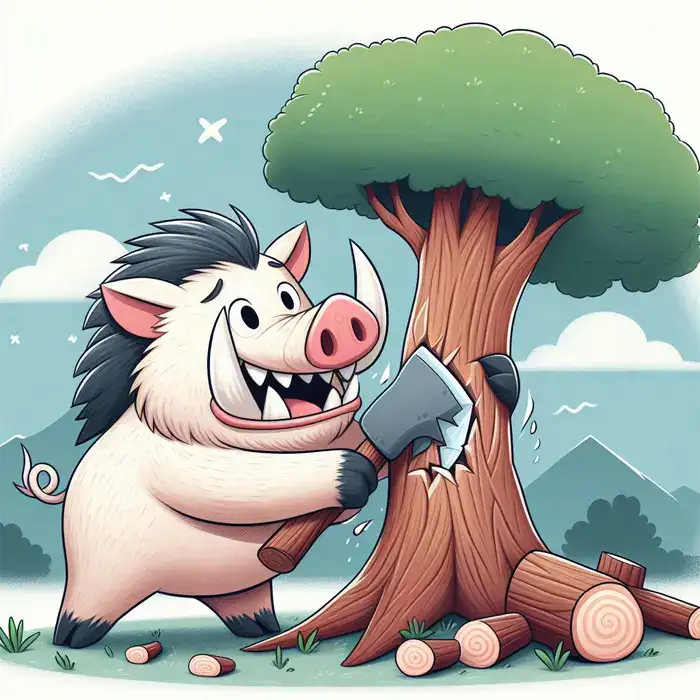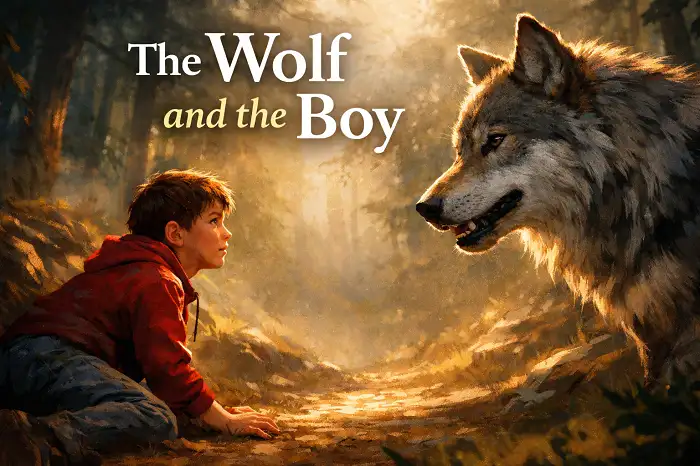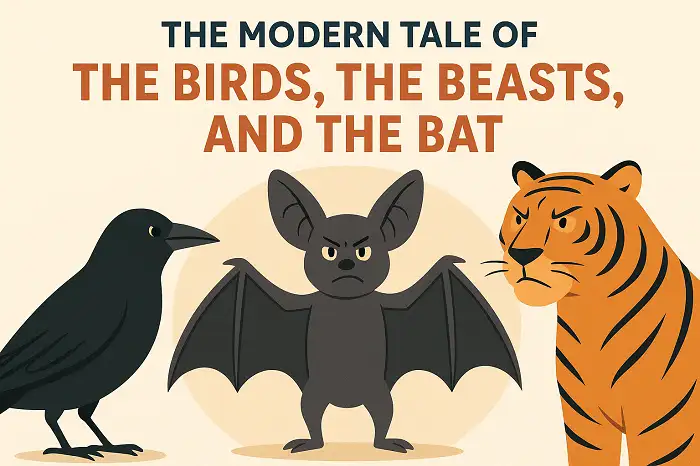The Wild Boar and the Fox by Aesop for ESL students with a video, vocabulary practice in real context, questions for discussion and the moral of the story The Wild Boar and the Fox is now in the public domain available on Gutenberg Project. Video of the Wild Boar and the Fox The Wild Boar and the Fox A wild boar was engaged in whetting his tusks upon the trunk of a tree in the forest when a fox came by and, seeing what he was at, said to him, "Why are you doing that, pray? The huntsmen are not ...
Home » English Short Stories » The Wild Boar and the Fox by Aesop for ESL Students

The Wild Boar and the Fox by Aesop for ESL Students
Updated: by Dr. Mohammad Hossein Hariri Asl
Time to Read: 5 minutes | 274 Views | 4 Comments on The Wild Boar and the Fox by Aesop for ESL Students
Share This Post
About the Author
Dr. Mohammad Hossein Hariri Asl is an English and Persian instructor, educator, researcher, inventor, published author, blogger, SEO expert, website developer, entrepreneur, and the creator of LELB Society. He's got a PhD in TEFL (Teaching English as a Foreign Language).
Number of Posts: 4242



The short story is telling us that you need to be always prepared for something in the future. In the story , the fox asked that why are you whetting your tusks it’s too much early for that there is no huntsmen right now . And the wild boar said that you should always be prepared for every thing.
That’s right. This is the main difference between proactive and reactive attitudes toward any potential source of danger and trouble.
The moral of this short story is that it is important to be prepared for future possibilities. It is better to be prepared when they come, rather than doing nothing now and then regretting it when things get out of control.
Precisely. I should also add that future-sightedness as endorsed in this short story is in contrast with the philosophy of carpe diem, or seizing the day. The balance between the two is up to you to maintain.